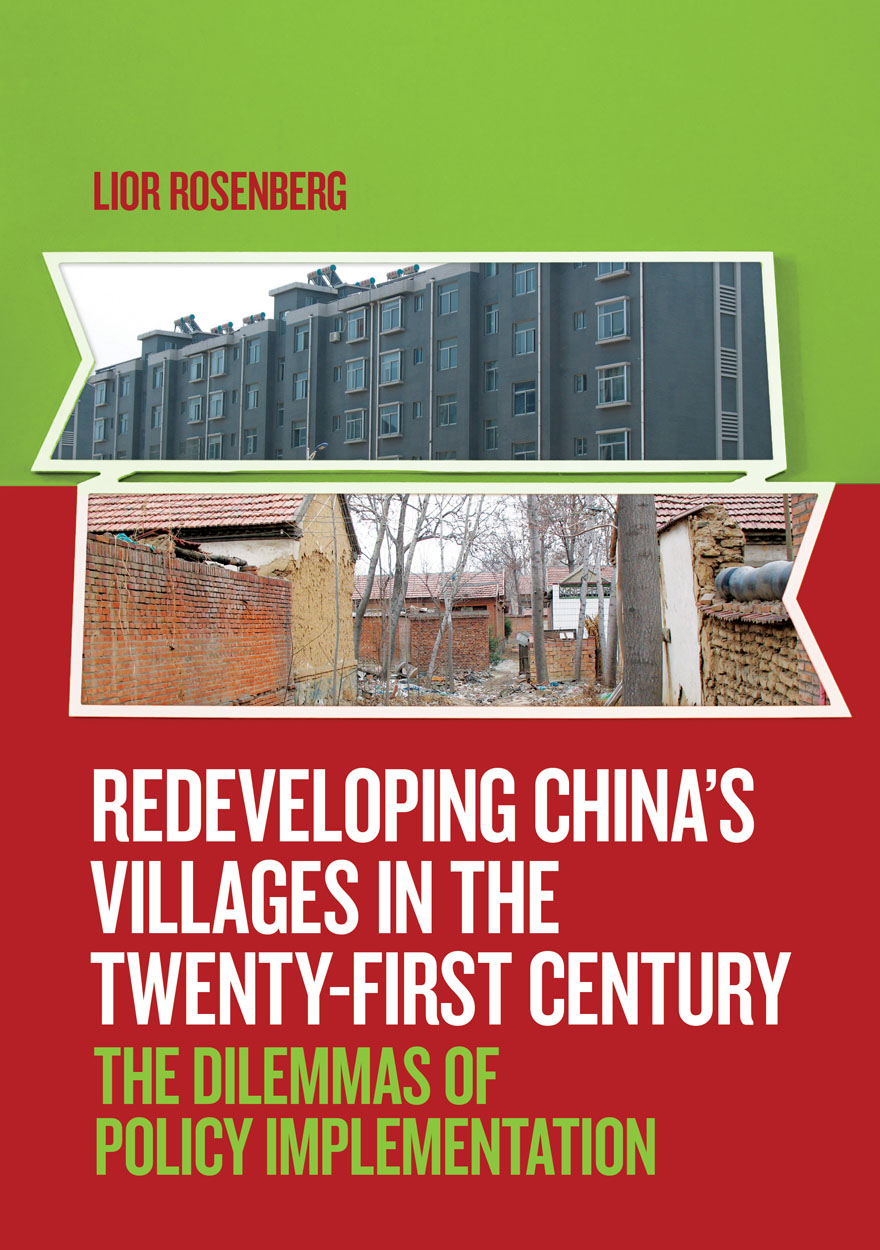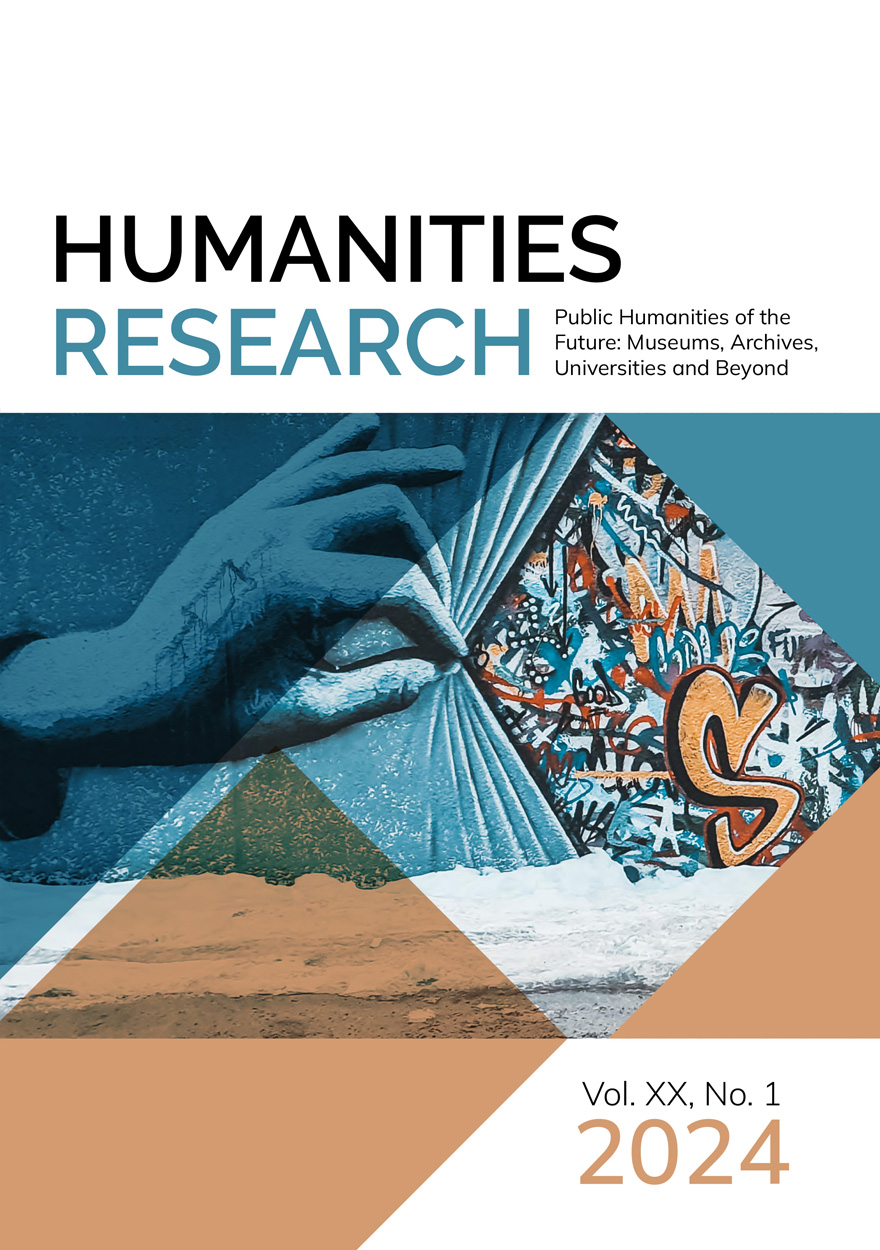Search titles
Displaying results 21 to 30 of 1098.

Mandates and Missteps »
Australian Government Scholarships to the Pacific – 1948 to 2018
Authored by: Anna Kent
Publication date: February 2024
Mandates and Missteps is the first comprehensive history of Australian government scholarships to the Pacific, from the first scheme in 1948 to the Australia Awards of 2018. The study of scholarships provides a window into foreign and education policy making, across decades, and the impact such policies have had on individuals and communities. This work demonstrates the broad role these scholarships have played in bilateral relationships between Australia and Pacific Island territories and countries. The famed Colombo Plan is here put in its proper context within international aid and international education history. Australian scholarship programs, it is argued, ultimately reflect Australia, and its perception of itself as a nation in the Pacific, more than the needs of Pacific Island nations. Mandates and Missteps traces Australia’s role as both a coloniser in the Territory of Papua and New Guinea and a participant in the process of decolonisation across the Pacific. This study will be of interest to students and scholars of international development, international education and foreign policy.

Dreaming Ecology »
Nomadics and Indigenous Ecological Knowledge, Victoria River, Northern Australia
Edited by: Darrell Lewis, Margaret Jolly
Authored by: Deborah Bird Rose
Publication date: 2024
In the author’s own words, Dreaming Ecology ‘explores a holistic understanding of the interconnections of people, country, kinship, creation and the living world within a context of mobility. Implicitly it asks how people lived so sustainably for so long’. It offers a telling critique of the loss of Indigenous life, human and non-human, in the wake of white settler colonialism and this becoming ‘cattle country’. It offers a fresh perspective on nomadics grounded in ‘footwalk epistemology’ and ‘an ethics of return sustained across different species, events, practices and scales’.
‘This is the final and most substantial of Debbie’s love letters to the Aboriginal people of the Victoria River Downs. I say this because there is such a sense of reverence, wonder and respect throughout the book. The introduction of concepts of double-death, footwalk epistemology, wild country … are not only organising ideas but characterisations arising from what Debbie hears, sees and feels of herself and Aboriginal others … I think of it in terms of love, if love is care, reciprocal respect, deep connectivity and a strong desire to never make less of the people she chose to commit herself to.’
—Richard Davis
‘This book was a pleasure to read, filled with careful description of people, places, and various plants and animals, and insightful analysis of the patterns and commitments that hold them together in the world.’
—Thom van Dooren
Coming soon
Notify me
The Chinese Communist Party »
A 100-Year Trajectory
Edited by: Jérôme Doyon, Chloé Froissart
Publication date: January 2024
This volume brings together an international team of prominent scholars from a range of disciplines, with the aim of investigating the many facets of the Chinese Communist Party’s 100-year trajectory. It combines a level of historical depth mostly found in single-authored monographs with the thematic and disciplinary breadth of an edited volume. This work stands out for its long-term and multiscale approach, offering complex and nuanced insights, eschewing any Party grand narrative, and unravelling underlying trends and logics, composed of adaption but also contradictions, resistance and sometimes setbacks, that may be overlooked when focusing on the short term.
Rather than putting forward an overall argument about the nature of the Party, the many perspectives presented in this volume highlight the complex internal dynamics of the Party, the diversity of its roles in relation to the state, as well as in its interaction with society beyond the state. Our historical approach stresses impermanence beyond the apparent permanence of the Party’s organisation and ideology while also bringing to light the recycling of past practices and strategies. Looking at the Party’s evolution over time shows how its founding structures and objectives have had a long-lasting impact as well as how they have been tweaked and rearranged to adapt to the new economic and social environment the Party contributed to creating.

Redeveloping China’s Villages in the Twenty-First Century »
The Dilemmas of Policy Implementation
Authored by: Lior Rosenberg
Publication date: January 2024
Implementing national policies is a crucial function of the local Chinese bureaucracy and an indispensable part of Beijing’s overall state capacity. Yet the specifics of how and why local officials interpret and implement such policies have so far escaped detailed attention. In Redeveloping China’s Villages in the Twenty-First Century, Lior Rosenberg fills this gap by examining the national Village Redevelopment Program, one of China’s most significant policies of recent decades to promote rural change.
Based on Rosenberg’s on-site research, Redeveloping China’s Villages in the Twenty-First Century investigates the Village Redevelopment Program’s implementation in both the industrialised county of Chenggu, in Shandong province, and the predominantly agricultural county of Beian, in Anhui province. At the book’s heart is a puzzle: the program was supposed to prioritise poorer villages, but in both Chenggu and Beian—despite being carried out in surprisingly divergent ways—it has subsidised improved infrastructure and services in already industrialised and prosperous villages, while leaving behind poorer ones. In explaining this outcome, Rosenberg elaborates on the larger economic, political and social environment in which Chinese local officials operate, as well as the pressures they face from above. He analyses the dual role played by higher-level authorities, as both policy enablers and thwarters in a system that sanctifies commandism but where the distinction between principals and agents is blurred.

Humanities Research: Volume XX, Number 1, 2024 »
Public Humanities of the Future: Museums, Archives, Universities and Beyond
Edited by: Kylie Message, Robert Wellington, Frank Bongiorno
Publication date: 2024
‘Public Humanities of the Future: Museums, Archives, Universities and Beyond’ explores the roles, responsibilities and challenges of the humanities in 2024 and beyond. It examines if and how our public cultural institutions and disciplines engage ethically and meaningfully with the challenges of contemporary life, and sheds light on how the conception and practice of humanities research is developing institutionally as well as through collaboration with partners and communities beyond the university context.
This high-profile publication marks a number of historic moments, including the increasing urgency of the humanities in contemporary life, as well as the rapid development of interdisciplinary, digital and public humanities over the last decade, and the opportunities for international collaboration reflected in the post-COVID 19 resumption of international travel. It also marks the 50th-year anniversary of the Humanities Research Centre at The Australian National University, and the re-launch of Humanities Research.
Coming soon
Notify me
Lilith: A Feminist History Journal: Number 29 »
Publication date: December 2023
The 2023 issue of Lilith showcases the journal’s dedication to encouraging underrepresented voices in historical writing, including early-career scholars, First Nations voices and historians from diverse linguistic and cultural backgrounds. Six of the research articles in the issue focus on nineteenth and early twentieth-century topics, with papers on women’s roles in interwar international diplomacy, on Indian prostitution under British colonialism, on the relationship between interracial rape and white femininity on the Australian colonial frontier, on the role of gender in the NSW Shipwreck Society of the late nineteenth century, and on the struggle of women for public lavatories in 1912 Meanjin (Brisbane). Two of the research articles concern more recent histories, with papers on the role of Māori women in feminist movements of the 1970s, and the construction of sexual consent in Dolly Magazine of the late twentieth century. There is also a review essay about global histories of feminism and gender struggle which evaluates several recent such works, reflecting on their methodological innovations and concerns. The edition includes six short book reviews that span a wide range of international and local interests, covering topics such as the digital humanities, the global history of sexual violence, US queer history, Australian queer women’s history, gender in European colonial travel, and the history of the pram in Australia.
Several of the articles in the volume concern the international engagement of feminist struggles and intercultural questions in relation to gendered roles in history, while others gesture beyond the concerns of historical studies alone, addressing issues of rape culture, political activism, women’s spaces, and gendered emotions, making valuable contributions to the wider Australian humanities and social sciences. The volume exemplifies the value of balancing international trends in feminist history with the recognition of local episodes in the history of gender struggle, underscoring Lilith's commitment to advancing new forms of feminist historical writing and showcasing innovative research by scholars at diverse career stages.
Download for free
Not available for purchase

Grassroots Law in Papua New Guinea »
Edited by: Melissa Demian
Publication date: December 2023
The introduction of village courts in Papua New Guinea in 1975 was an ambitious experiment in providing semi-formal legal access to the country’s overwhelmingly rural population. Nearly 50 years later, the enthusiastic adoption of these courts has had a number of ramifications, some of them unanticipated. Arguably, the village courts have developed and are working exactly as they were supposed to do, adapted by local communities to modes and styles consistent with their own dispute management sensibilities. But with little in the way of state oversight or support, most village courts have become, of necessity, nearly autonomous.
Village courts have also become the blueprint for other modes of dispute management. They overlap with other sources of authority, so the line between what does and does not constitute a ‘court’ is now indistinct in many parts of the country. Rather than casting this issue as a problem for legal development, the contributors to Grassroots Law in Papua New Guinea ask how, under conditions of state withdrawal, people seek to retain an understanding of law that holds out some promise of either keeping the attention of the state or reproducing the state’s authority.

After the Coup »
Myanmar’s Political and Humanitarian Crises
Edited by: Anthony Ware, Monique Skidmore
Publication date: December 2023
The coup in Myanmar on 1 February 2021 abruptly reversed a decade-long flirtation with economic and political freedoms. The country has since descended into civil war, the people have been plunged back into conflict and poverty, and the state is again characterised by fragility and human insecurity. As the Myanmar people oppose the regime and fight for their rights, the international community must find ways to act in solidarity. There is an urgent need for new policy settings and for practical engagement with local partners and recipient groups.
The contributors to After the Coup offer timely insights into ways international actors can try to reduce the suffering of millions of citizens who are again being held hostage by a brutal and self-serving regime. Chapters analyse topics including coercive statecraft, international justice, Rakhine State (Rohingya) dynamics, pandemic weaponisation, higher education, non-state welfare and aid delivery, activism from exile, self-determination and power sharing in the National Unity Government’s alternative constitution, and the roles of China and the Association of Southeast Asian Nations.

China between Peace and War »
Mao, Chiang and the Americans, 1945–1947
Authored by: Victor Cheng
Publication date: November 2023
In China between Peace and War, Victor S. C. Cheng explores the gripping history of peace talks and international negotiations from 1945 to 1947 that helped determine the shape of the Chinese Civil War. The book focuses on the efforts of the two belligerent parties—the Chinese Nationalists, or Guomindang, and the Communists—to achieve an enduring peace. It presents previously unexplored major elements of the peace talks: ambiguous treaties, package deals and short-term solutions. It identifies the burning challenges that confronted attempts at peacemaking, including the two warring parties’ high-risk decision-making styles and the temptation to veto agreements and resume fighting. Cheng argues against popular notions that differences between the two belligerents in the Chinese Civil War were irreconcilable, that the failure of the peace talks was predetermined and that the US government mediators needed to remain neutral.
Because the actions around the negotiating table occurred in a developing theatre of war, Cheng also explores the military decision-making of the opposing sides as well as the conflicts that ultimately plunged China into the world’s largest military engagement of the seven-plus decades since World War II. China between Peace and War highlights the contradictory role of political leaders who micromanaged the military, including their struggle to connect political objectives and military power, their rhetorical use of the ‘decisive war’ concept, and their pursuit of radical military-political goals at the expense of a negotiated peace.

ANU Historical Journal II: Number 4 »
Publication date: November 2023
In the fourth issue of the ANU Historical Journal II, broad and urgent historical questions about memorialisation, environmental change, and violence are elucidated by detailed and thoughtfully contextualised studies of local places and communities in Queensland, New South Wales and Victoria. The six peer-reviewed articles span topics including frontier sexual violence, the categorisations of child patients in mental hospitals, the politics of war memorialisation, the long history of flooding in Queensland, and changing practices in community cemeteries. Complementing these articles are five book reviews which cast a critical eye on a wide range of new work, encompassing Australian, global, military, political, colonial, and disciplinary history. This issue also features the inaugural Robin-Griffiths Lecture in Environmental History, reflecting on Libby Robin and Tom Griffiths’ path-breaking work and changing sensibilities around national parks, as well as a conversation-style review of ‘Marking Country: Mapping Deep History’, presented by the Research Centre for Deep History. Together these pieces speak to the contributions of the research centres in the School of History, and to the rich range of ways in which history can be meaningfully created and communicated.



